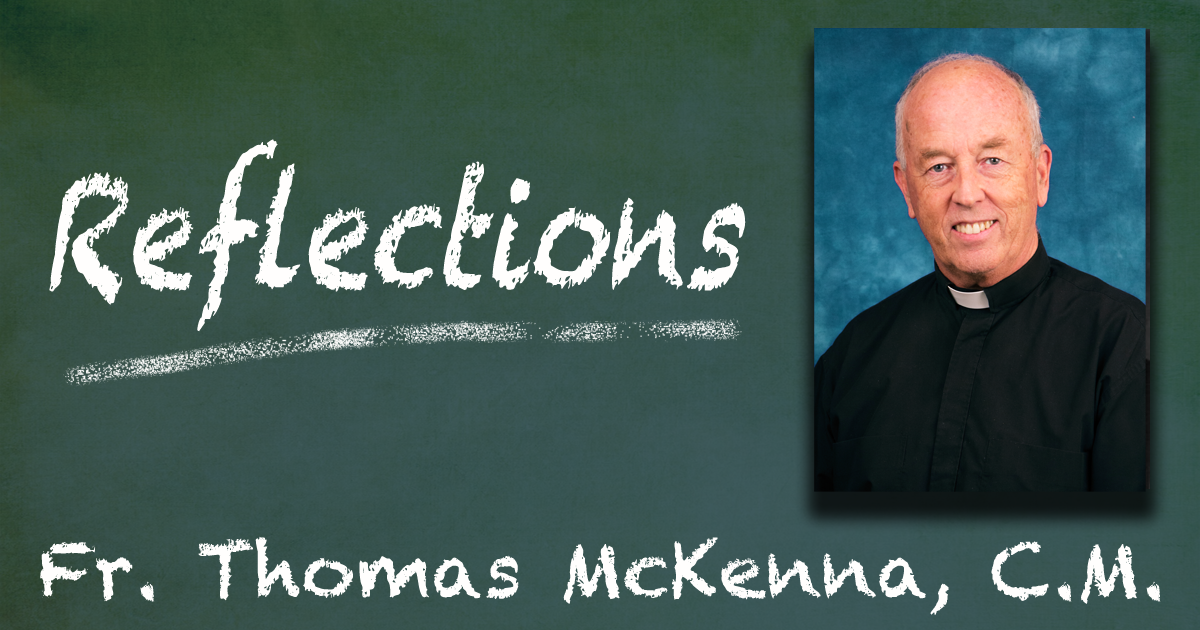
Gospel Stretching (Mark 6:1-6)
There’s a wideness in God’s mercy, like the wideness of the Sea. So begins the famous hymn written by Frederick Faber two centuries ago. Freeing and refreshing and life-giving and promising as it sounds, wideness can also be hard to handle, in the sense of an openness that’s broader than the dimensions of what I think to be true and more extended than the world as I now see it. If I let it in, this kind of wideness would break apart some of the scaffolding of my present reality and painfully extend the footprint of my house. For all its promise of far horizons and limitless sky, widening also means some kind of disruption of my settled world. And there’s threat in that.
That’s what happened to the people in Nazareth when Jesus comes back into town. “We Nazareans have known this young man, Jesus, since he toddled around our streets and played in our alleyways. But the way he’s talking and acting now, it’s not the Jesus we know. We know the size of his britches and will even admit a little lengthening for his coming into manhood. But now he’s acting still bigger. There’s no way he could have grown into all this he’s claiming to be. And no way will we allow him this self-expansion. This new version of Jesus can’t be real because —we know who he is.”
Here in Mark’s gospel is that type of wideness that threatens, the kind that pushes against the boundaries of the world as we know it and stretches them to and beyond the breaking point.
And the price of not pushing through that threat is high. What is being set before the villagers is nothing short of their salvation. So Jesus: “Receive the greater fullness I’m offering and that I am — and be healed, rescued, taken up. Stay inside your own world, fight to keep its dimensions in place — and be lost.” This is the underlying sense of the word crisis: at this juncture, you have to decide one way or the other, no splitting things down the middle.
And this is the challenge of the message: “Receive it (me) in faith and be saved; reject it (me) and be lost.” Some came to realize that their boundaries were constricted and, at cost, let them be widened. There were also those who at greater cost rejected the One who tried to break open their worlds and free them.
Bringing it closer to home, think of the annoyance rising inside yourself when you realize another person has put you into some kind of category or box, and thinks he or she has you all figured out. Your reaction: “I’m bigger than that. To really understand me, you’re going to have to poke through the sides of your estimate and allow more of me in. If you hang onto that measuring stick for who you think I am you’ll never know me, let alone connect with me.”
Back to Jesus. The faith he’s asking will often push against the parameters of the way we think things are. The choice he’s holding before us is one that will widen the tent, stretch the boundaries of our known worlds, take us beyond the comfort zone of being in charge and at ease with the universe as we presently see it. Mark’s concluding verse catches the resistance here: “And Jesus could not work many miracles there.”
“Creative to infinity” is one of Vincent’s most cited expressions. Vincent is referring more immediately to the Eucharist as one special instance of God’s boundless ingenuity in finding ways to love the world. But by implication Vincent is also holding up an ideal for moving ahead as Christ’s followers, especially those in the service of God’s poor. Apostolic creativity will always stretch boundaries, always ask the price of “widening,” always put us in the company of Jesus’ neighbors who face the challenge of shutting off Jesus’ ever more encompassing world, or opening to its glory.
Creativity — and in fact all consenting to God’s presence and action in life — will take the kind of stretching that widens out to the wideness in God’s mercy, which indeed is like the wideness of the Sea.





Most encouraging,Fr. Tom!
Thanks!
ED